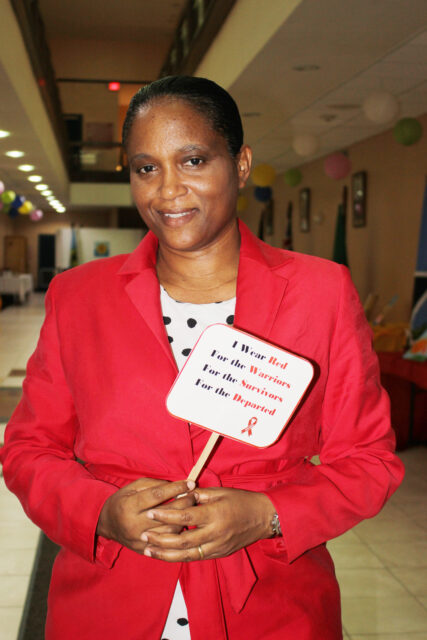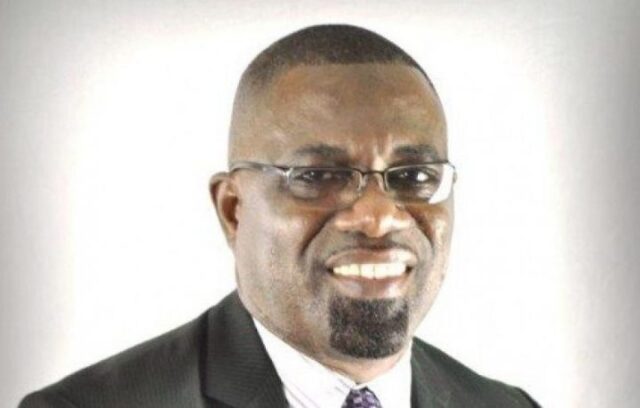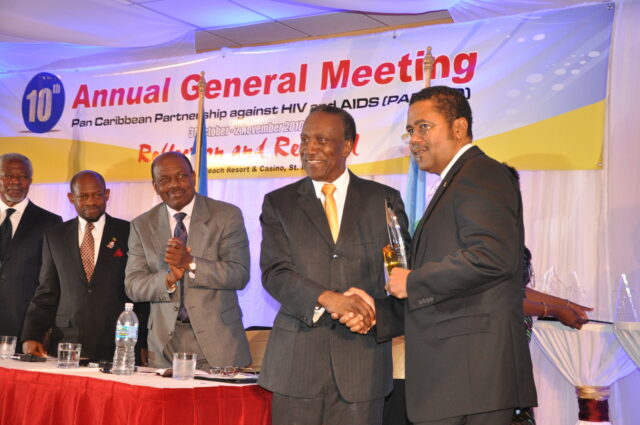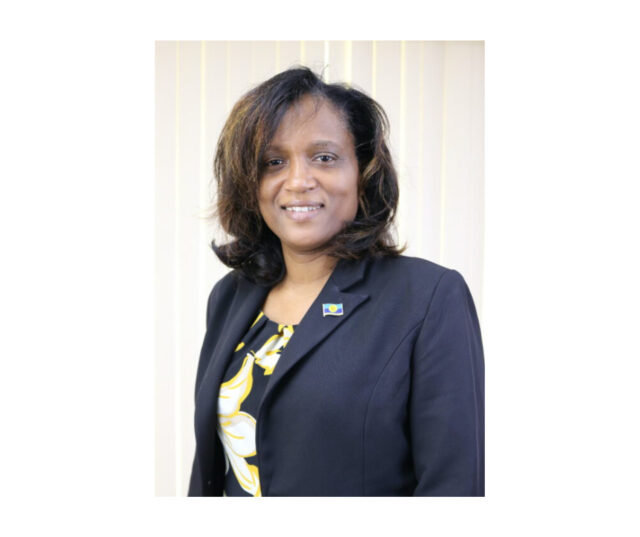Tuesday, 13 February 2024, (PANCAP Coordinating Unit, CARICOM Secretariat): The Pan-Caribbean Partnership against HIV and AIDS (PANCAP), the mechanism that provides a structured and unified approach to the Caribbean’s response to the HIV epidemic, turns 23 on February 14. PANCAP was established on 14 February 2001 by CARICOM Heads of Governments in response to the spread of HIV, which threatened the development of the Region.
This regional mechanism, currently comprising over 65 members, has been the umbrella for the provision of regional goods and services to various stakeholders, including People Living with HIV (PLHIV). Its membership includes CARICOM and other Member States from across the English, Dutch, and French-speaking Caribbean; regional organisations/institutions; regional civil society organisations; bilateral and multilateral agencies; and contributing donor partners of the Caribbean. Over the years, PANCAP has been hailed as an international best practice by The Joint United Nations Programme on HIV/AIDS (UNAIDS).
The Partnership, which has as its vision “An AIDS-Free Caribbean”, is guided by its framework document, the Caribbean Regional Strategic Framework on HIV and AIDS (CRSF) 2019-2025.
The fourth iteration of the CRSF 2019-2025 highlights policies and programmes to accelerate progress toward achieving the UNAIDS scientific 90-90-90 Targets to Test, Treat and Defeat AIDS, to which the Region has committed. These are aligned with strategies for reviving the momentum with prevention, refocusing resources towards differentiated, comprehensive combination prevention interventions, and rekindling the zeal for public education to drive new infections downwards in the general population.
The belief that ending AIDS can soon become a reality is motivating and inspirational. Observing 23 years in the fight against HIV and AIDS is a testimony of the unstinting commitment and support provided by our partners and stakeholders as together we continue to take bold action towards ending AIDS in the region.
As we look to the future, PANCAP expects the unflinching political commitment and leadership to end AIDS in the region, and the continued implementation of human rights-based approaches, to tackle the inequalities holding back progress, including harmful laws and policies, stigma and discrimination, and gender inequalities. We will also continue to support, engage and enable community leadership and a community-led response while advocating for sustainable funding with a sharp focus on protecting the HIV gains made in the region into the future.














